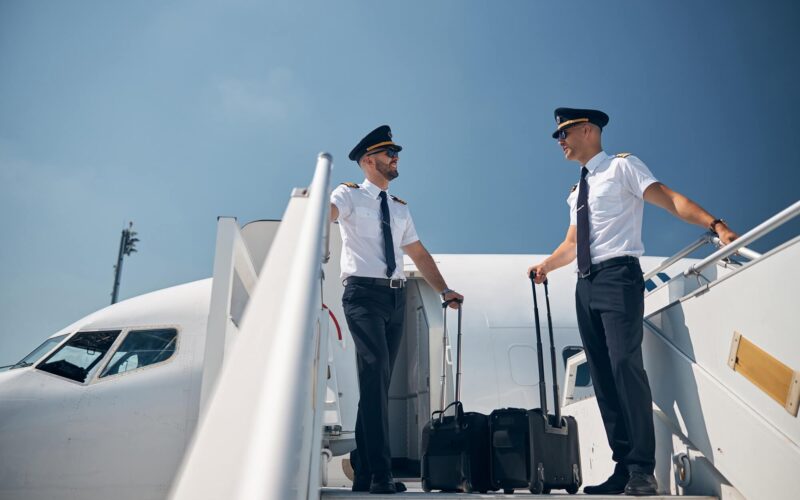Boeing has estimated that 602,000 new pilots, 610,000 new aircraft maintenance technicians, and 899,000 new cabin crew members will be needed in order to “fly and maintain the growing commercial aviation fleet” by 2041, in its latest long-term Pilot and Technician Outlook (PTO).
“As the commercial aviation industry recovers from the pandemic and plans for long-term growth, we anticipate a steady and increasing demand for aviation personnel, as well as the ongoing need for highly effective training,” Chris Broom, vice president of commercial training solutions, said in the report, whichw was released on July 25, 2022.
The plane manufacturer also projected that the global aircraft fleet would nearly double the current number, reaching slightly more than 47,000 jets by 2041.
To support the estimated increase in passenger demand for air travel, airlines, which were forced to pause and even cancel pilot training programs during the global pandemic, must refocus on new flight crew development processes, the report added. “However, accelerated training efforts will take years to pay off, while experienced pilots are in short supply today,” the manufacturer said.
According to Boeing, two main factors led to a pilot shortage both globally and regionally. The global pandemic had a negative impact on the careers of junior pilots who were laid off by airlines. Some of these pilots will not return to the aviation industry, Boeing noted.
“Through the same period, numerous veteran pilots accepted voluntary early retirement packages; those who remain will no longer be able to fly commercially once they reach the mandatory retirement age,” Boeing said. “As a result, competition for qualified pilots will remain strong over the next few years. New pilots will have much to gain by building hours in flight instruction and through opportunities in government, business aviation, and general aviation.”
“Aspiring pilots who begin flight training today will be positioned to seize emerging opportunities by the time they graduate,” Boeing explained.
Meanwhile, a similar scenario is projected for global MRO professionals. Boeing forecasted a gradual demand for maintenance technicians within the next few years, predicting a need for around 610,000 new engineers during the next two decades.
“All the while, fleets are expected to continue to grow. In mature aviation markets, the average age of the technician workforce keeps rising, while the number of new entrants to the profession tapers off. Educational outreach efforts will be necessary to reverse this trend, and knowledge transfer to junior workers will remain essential to conserve critical expertise and specialized skills,” Boeing added.

